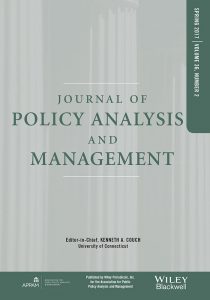Electioneering, Facebook-style.
What do you think was the most-discussed topic on Facebook in the UK last year? The World Cup? Cat videos? Ice buckets? The Kardashians? Sociology Lens?… Amazingly, it’s none of those. It was, according to someone who ought to know, Elizabeth Linder – Facebook’s Politics & Government Specialist for Europe – Politics.










